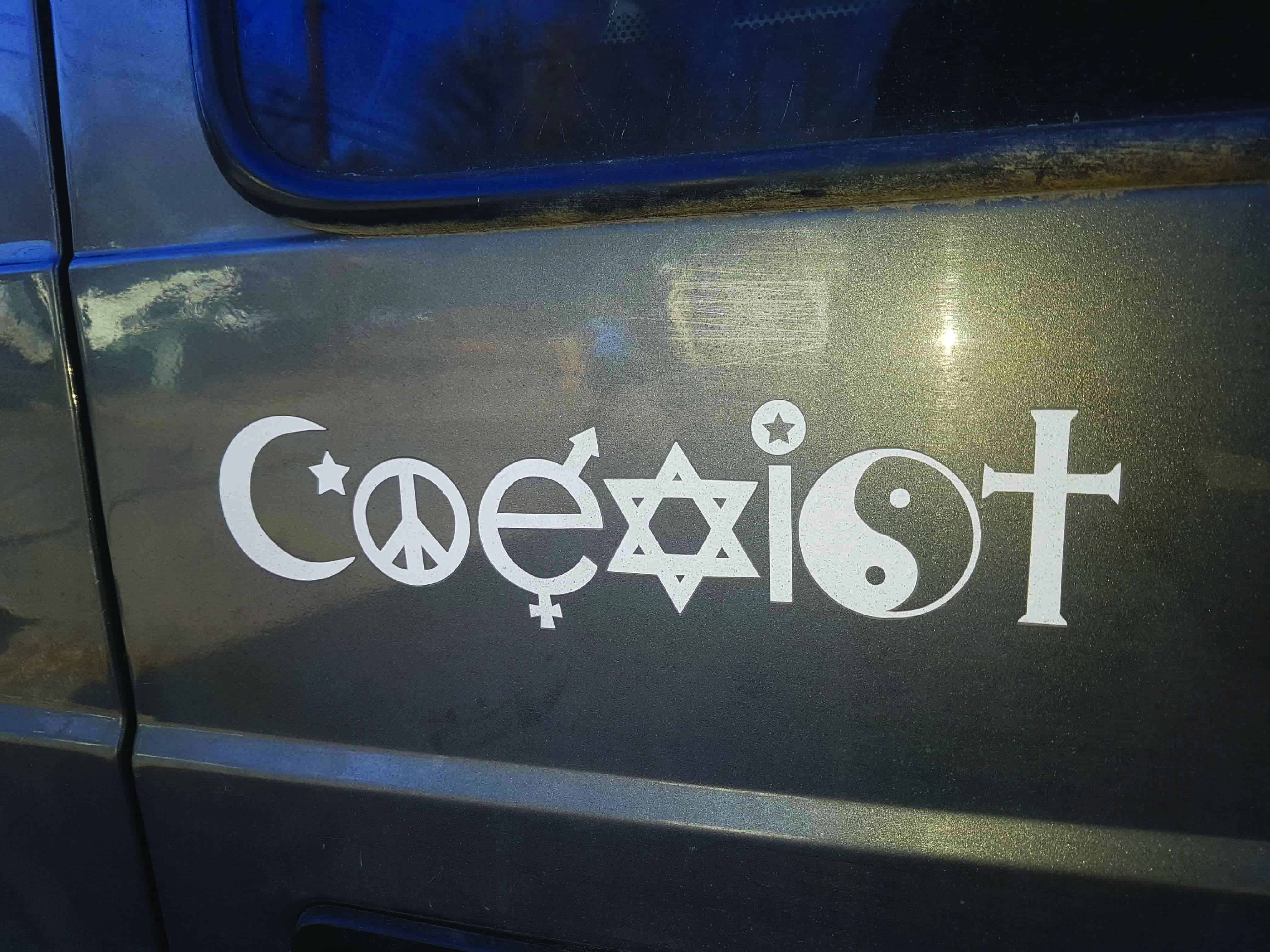The problems with lockdown online

Hateful comments, toxic trends and “doom scrolling” don’t help
by pratheeksha r naik, Contributor
When I had to travel to Edmonton to take an exam in August, I couldn’t help but visit West Edmonton Mall and set aside an entire day for Jasper. The exam had been scheduled after getting cancelled twice, and it had been filling up my schedule for two months, so doing some sight-seeing during the trip was a must (with safety precautions in place, of course). And despite all those Instagram-worthy snow-capped mountains I took pictures of, I wouldn’t dare to upload anything about it on my social media; at least not until 2 weeks had passed, mandatorily with hashtags “#LatePost” “#Throwback.” This is because I didn’t intend to be subject to all the hatred online. Given that the urge to travel is real, with all the apprehension about the virus it is understandable how paranoid people can be about others travelling. However, this leads to unsolicited hate comments and people avoiding contact.
When the lockdown was first announced in countries around the world, many people put up throwback posts reminiscing about how things were before. This led to comments on posts such as “Don’t make this all about you,” “Think about people affected by this,” “Don’t meet with us till 14 days have passed,” and so on. In these times, we are fortunate to have our travel memories and souvenirs; when people share them, it seems unfortunate that it results in negative comments. I’ve seen this happen to a friend of mine, who was shunned by someone in the grocery store after she posted a travel picture. This upset her and she swore not to post on social media again. To those who decide to make the move and travel, it is recommended that they travel with precautions in place and isolate as the province says. But commenting on this is not necessary; a friend on social media may not know the intent behind a person travelling, or what precautions they took.
When subjected to isolation, certain people’s creativity can run wild, and technology gives an outlet to this. At times, though, creativity can be malicious. Take, for example, TikTok, where videos have the tendency to become a viral sensation overnight. While I’m not denying that there are some catchy bops and dance moves on the app, some recent popular trends include “Reading a dirty text message in front of family members” and “invading your pet’s personal space.” Most recently, the viral sensation (as they call it) is to “compare your current significant other with your ex.” I can only imagine the toxicity in such trends that might catch on like wildfire, harming many people’s relationships. These are my primary deterrents from using social media. We have to fight the virus together, instead of being fixated on personal conflicts and supporting upsetting posts.
My online experience has changed drastically during this COVID. I started to over-analyse and worry about whether I should post a simple picture or status, so as to not invite remarks. It’s the same for my contacts. The content I get on my feeds primarily involves protests: protests against wearing masks, if not protests about racism. There is always some journalist pulling out old controversial topics to debate again, on internet feuds going on about Trump’s or Elon Musk’s latest tweet. Hence, I believe “doom scrolling” isn’t a good idea; social media should be used to connect with our loved ones who’re currently staying away from us. We should use our feeds wisely to stay updated with what’s happening around the world, such as the crashing economy, the COVID situation around the world, or the ongoing vaccine trials.









